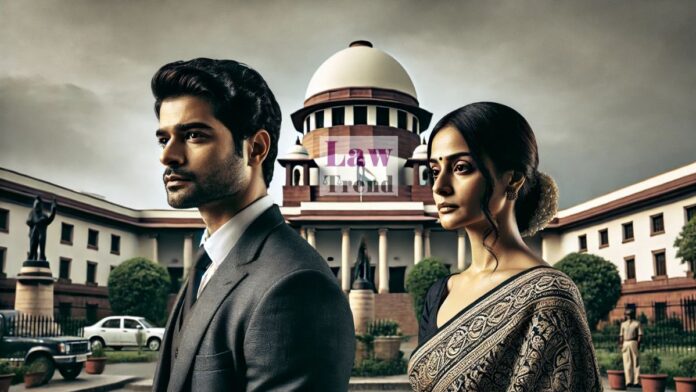The Supreme Court has dissolved a Hindu marriage by invoking its powers under Article 142 of the Constitution, citing irretrievable breakdown of marriage. Overruling the decisions of the Family Court and High Court that had refused divorce and instead granted restitution of conjugal rights to the husband, the Court emphasised that prolonged separation and failed
To Read More Please Subscribe to VIP Membership for Unlimited Access to All the Articles, Download Available Copies of Judgments/Order, Acess to Central/State Bare Acts, Advertisement Free Content, Access to More than 4000 Legal Drafts( Readymade Editable Formats of Suits, Petitions, Writs, Legal Notices, Divorce Petitions, 138 Notices, Bail Applications etc.) in Hindi and English.




